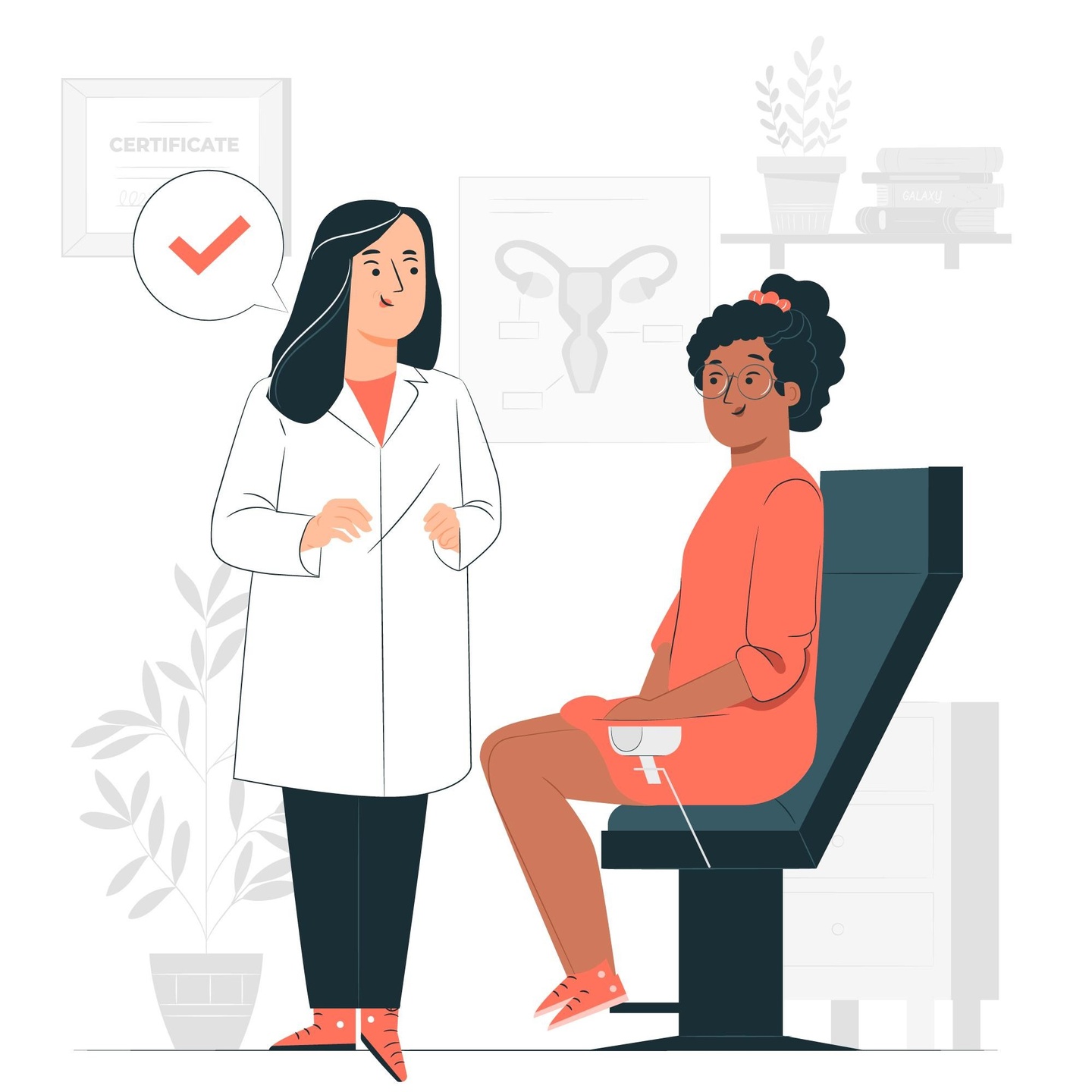How Can I Get a Breast Cancer Screening?
After you make an appointment, develop your game plan by having a list of your family’s cancer history ready. (You can include all cancers.) It can be really helpful if you also have a general idea of the ages and dates of diagnosis, as well as information on where you’re family is from and some background on their ancestry. After a discussion with your medical provider, you may be referred to a genetics counselor for further evaluation.

Preventative Screening
If you have a family history of breast cancer and/or would like to develop a screening routine, your doctor will develop a plan for evaluating your risks and talk to you about your options. You can visit your primary care physician or gynecologist to start the conversation.

Medical Need
If you have found a lump in your breast, it’s normal for your doctor to perform a physical examination of your breast and refer you for a diagnostic mammogram and/or ultrasound. Both tests are usually performed at the same appointment.
Note: Screening mammograms and diagnostic mammograms are billed differently. When The Affordable Care Act was passed, it required insurance plans to cover screening mammograms for women 40+ with no out-of-pocket costs. Coverage for diagnostic mammograms varies by state and insurance plan.

What Can You Expect Next?
If your doctor recommends a routine breast screening plan, you will want to discuss what a follow-up will include. This is important because if you receive a letter or get something posted to your online chart, you may not understand what you're reading. While it may be tempting, you don't want to be put in a position where you're inclined to Google your symptoms.
You’ll want to talk about things such as:
- How will I receive my results? Will I receive a phone call, electronic communication, a letter, etc.?
- Will you receive my results before I do? If my results require further testing, how will I be notified?
- What result(s) would I receive that would require me to come back for a follow-up visit?
- If I don’t hear anything, how should I follow-up with you to get my results?










